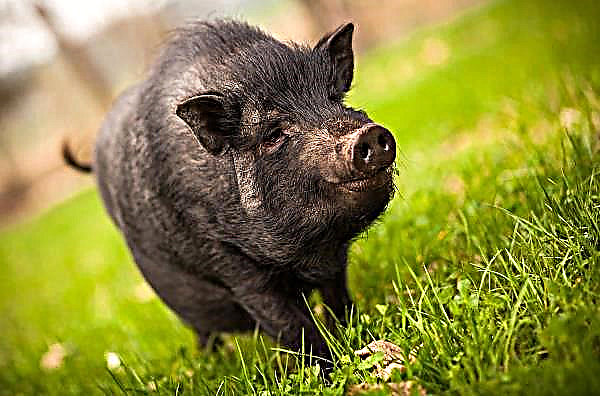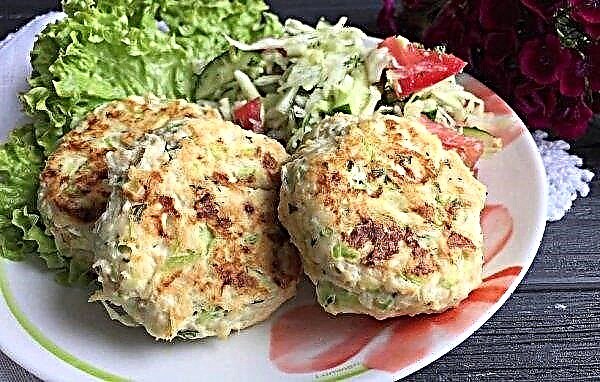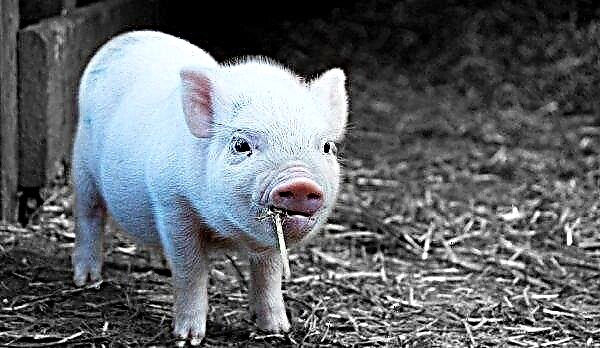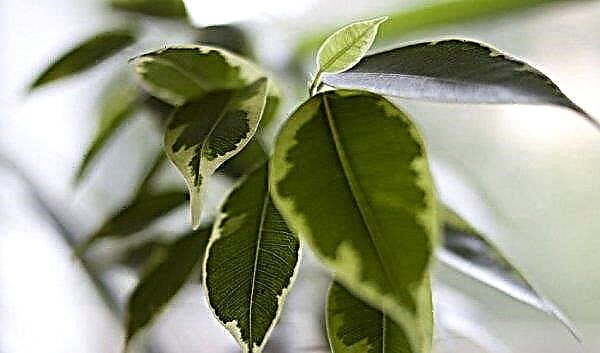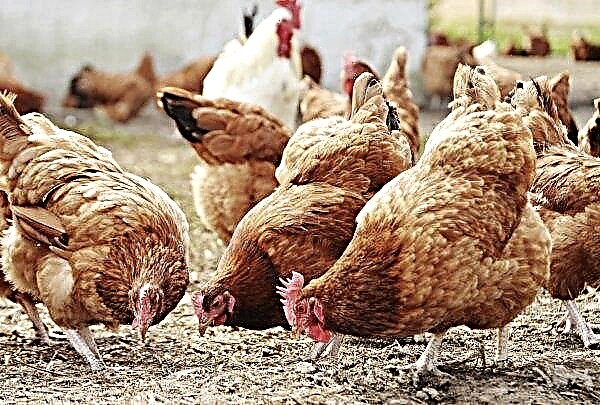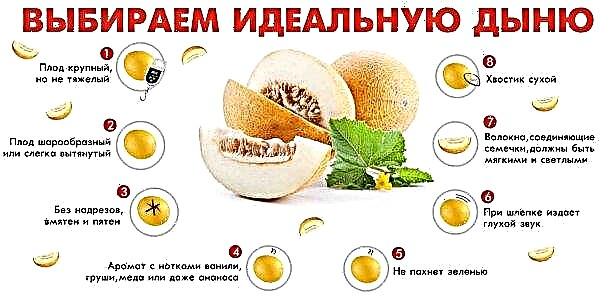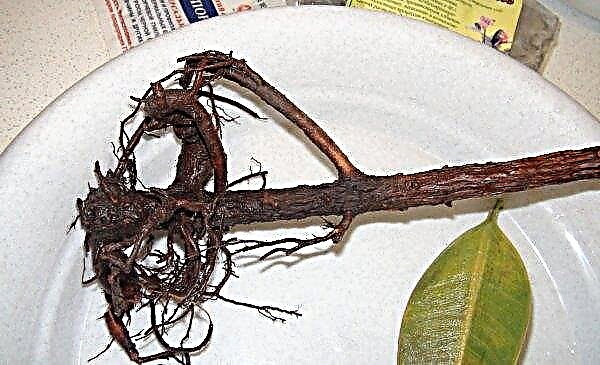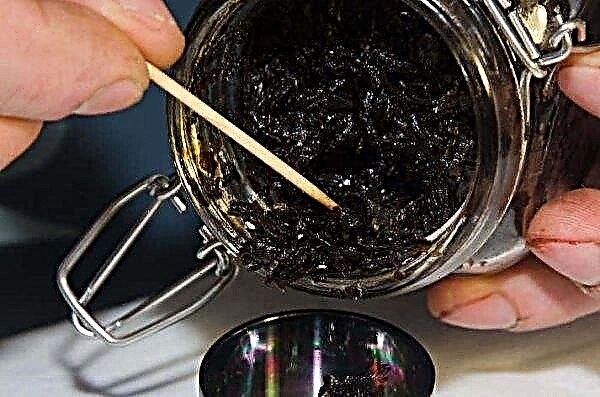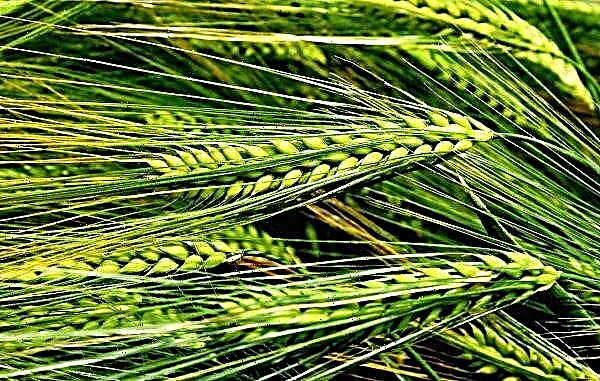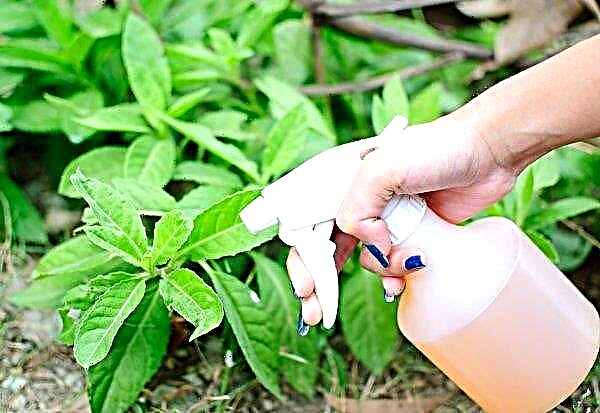The second name for the twirl is Newcastle disease. It was first identified in the 1920s on the island of Java. The little twirl causes the annual death of thousands of domestic and wild birds. Even vaccinating pigeons does not give a full guarantee that they can be cured, but with the correct treatment of the disease, a fatal outcome can be avoided - more on this later in the article.
What a disease
Vertichka refers to dangerous viral diseases that lead to death. The causative agent of the infection is paramyxovirus. Once in the body of a bird, it may not manifest itself up to 4 days. After the end of the incubation period, the virus is localized in the brain of the pigeon and affects the central nervous system. An infected individual begins to secrete the virus into the environment before the first symptoms of the disease appear.
Did you know? Even after a full recovery, the pigeon, who had been sick with a twirl, continues to secrete the virus with a litter of about another month.
Bleeding begins in the heart, stomach, and liver. According to statistics, only one fifth of all diseased pigeons survive. Chickens and other species of poultry are also susceptible to this disease. In the event of an outbreak of infection, there is a risk of losing the entire population. Ways to transfer twirls:
- contact;
- airborne droplet;
- through water and food;
- through the clothes of a person in contact with sick pigeons.
 Most often, outbreaks of the disease occur in autumn and spring. Infection can be carried by the wind over long distances. The virus is persistent and can be stored even in a frozen carcass of a pigeon for six months. The death of the virus occurs only at a temperature of +56 ° C. The cause of death of an individual who is ill with a swivel becomes the depletion of the body as a result of the inability to take food on its own. Usually birds die 10 days after the onset of symptoms.
Most often, outbreaks of the disease occur in autumn and spring. Infection can be carried by the wind over long distances. The virus is persistent and can be stored even in a frozen carcass of a pigeon for six months. The death of the virus occurs only at a temperature of +56 ° C. The cause of death of an individual who is ill with a swivel becomes the depletion of the body as a result of the inability to take food on its own. Usually birds die 10 days after the onset of symptoms.Is a twirl dangerous for people
Twirling virus can affect the human body. Infection occurs by contact with sick birds or by cleaning their droppings in the pigeon. The main symptoms of this disease in people resemble the signs of flu:
- a sharp increase in body temperature;
- inflammation of the mucous membranes of the nose and throat;
- redness of the eyes;
- conjunctivitis;
- swollen lymph nodes in the neck.
Important! In young children and people with weak immunity, the twirl can go into viral encephalitis!
Unlike birds, a person does not need special treatment for twigs. Usually, the patient is prescribed medications, the action of which is aimed at eliminating the symptoms of the disease and strengthening the immune system. With this treatment, Newcastle disease in humans is completely treatable and does not lead to death.
Symptoms and first signs of the disease
There are three main stages of the disease: initial, secondary and final. Each of them is accompanied by different symptoms. Let us consider in more detail their symptoms.
The initial stage of the pigeon swivel is characterized by the following symptoms:
- uncertain gait;
- ruffled feathers;
- redness of the eyes;
- the appearance of spots on the beak;
- weakness and inactivity;
- the pigeon looks scruffy.
At the next stage, the nerve-paralytic effect of the virus on the body of a sick individual becomes noticeable. Symptoms of the middle stage are as follows:
- bowel disorder;
- white or green watery droppings with mucus;
- impaired coordination of movements;
- sharp loss of appetite;
- secretion of mucus from the beak;
- constant thirst;
- cramps.
 The final stage of the disease is characterized by the rapid development of inflammatory processes in the brain. Signs of the onset of this stage are:
The final stage of the disease is characterized by the rapid development of inflammatory processes in the brain. Signs of the onset of this stage are:- flanking on its side;
- complete rejection of water and food;
- neck curvature;
- characteristic circular head movements (due to this symptom, the disease was called a vertigo).
Important! Sometimes the disease can become chronic, in which the bird does not have external symptoms, but it continues to be a source of infection. Chronic twirl is not treatable.
How to cure a pigeon
Treatment for twigs is carried out with the help of broad-spectrum drugs and vitamins. How to treat the disease in each case, the doctor must determine. The peculiarity is that to recover the pigeon, it is not enough to use only one medicine: complex treatment is usually prescribed using various means.
Traditional medicine
Treatment with twigs should only be initiated after consultation with a veterinarian. It is dangerous to self-medicate, because if you choose the wrong medicine or its wrong dosage, you can harm the health of the bird. For the treatment of the disease, medicines of various spectrum of action are used.
For the treatment of the disease, medicines of various spectrum of action are used.
- Antiviral drugs. These include Fosprenil and Immunofan. Interferon, which is part of these drugs, strengthens the immune system and helps it fight the virus more actively. Antiviral agents are administered to the patient through the beak using a syringe without a needle or intramuscularly. For treatment, only one remedy is chosen.
- Nootropic drugs. The most commonly used treatment is Piracetam. It helps eliminate the neurological symptoms of the disease. The medicine is dissolved in a small amount of water and injected into the beak of the diseased individual with a syringe without a needle.
- Vitamin complexes. These include Katozal, Galavit and Vikasol. These drugs increase the immunity of birds and increase the body's resistance to infection.
- Prebiotics. Most commonly used are Carsil, Sporovit and Linex. They stabilize the gastrointestinal tract of birds and reduce general intoxication of the body.

Folk methods
Some poultry farmers recommend using folk remedies to treat the disease. They usually do not harm a sick pigeon, but treatment is not possible only with alternative methods. Vertichka belongs to viral diseases, which means that the use of specialized medicines is a prerequisite for the successful recovery of birds.
Did you know? There is a breed of fruit pigeons with bright red, green and yellow plumage.
The most popular folk recipes for the treatment of the described disease include:
- a mixture of crushed grain and garlic with egg yolk and milk - is introduced to the sick pigeon in the goiter using a syringe without a needle for several days;
- beladonna - is fed to sick birds in a small amount until the symptoms disappear;
- a mixture of crushed oats with vitamin B - added to the normal diet of a sick bird.

Conditions for keeping sick pigeons
Swirls virus spreads very quickly among birds. To prevent the spread of the disease, after detecting the infection, you need to treat the pigeon room and the entire inventory with a disinfectant solution of formalin or lime. Recommendations for caring for sick individuals are presented below:
- the diseased individual must be immediately removed from the dovecote and quarantined;
- it is recommended to feed sick pigeons with baby cereals without milk, which are introduced into the beak of birds;
- a cage with an isolated sick bird must be covered with matter to protect it from direct sunlight;
- so that the bird does not die from dehydration, it must be watered with clean water through a syringe without a needle several times a day;
- to treat the disease, birds are given daily medications according to the dosage determined by the veterinarian.
How long does the treatment take?
The course of treatment with vaccines with the addition of them in the food of birds usually lasts 5-10 days. If the condition of the pigeon does not improve during this time, then they start a course of intramuscular injections of drugs: its duration is at least 5 days. Vitamin complexes are recommended to be given to an affected individual until the symptoms of the disease completely disappear. How long the twirl is treated depends on the stage at which the disease was detected, and on the state of immunity of the bird.
Vitamin complexes are recommended to be given to an affected individual until the symptoms of the disease completely disappear. How long the twirl is treated depends on the stage at which the disease was detected, and on the state of immunity of the bird.
Important! The duration of treatment is determined by the veterinarian.
Vaccine for pigeons
Vaccines are used to prevent pigeons and pigeons. Vaccination is the most reliable way to prevent an outbreak of this disease, but even it does not give a full guarantee that the bird will not get sick with a twirl. It so happens that even after preventive vaccination, infection could not be avoided. But in this case, the disease is transferred in a lighter form and is better treatable. The first dose of the vaccine is administered to chicks aged 30–35 days. Further, pigeons are given preventive vaccinations against twirls at least once every 6 months. The vaccine is diluted with clean water in a certain proportion and 2 drops in the nose of each bird are instilled. After vaccination, pigeons may feel worse. Immunity to the disease appears in them a week after vaccination and is valid for 6 months. The most popular pigeon swivel vaccines include:
Further, pigeons are given preventive vaccinations against twirls at least once every 6 months. The vaccine is diluted with clean water in a certain proportion and 2 drops in the nose of each bird are instilled. After vaccination, pigeons may feel worse. Immunity to the disease appears in them a week after vaccination and is valid for 6 months. The most popular pigeon swivel vaccines include:
- La Sota;
- "GAM-61";
- "VGNKI";
- Bor-74, etc.
The high viability of the paramyxovirus, its detrimental effect on the central nervous system and the rapid spread among birds made the twirl one of the most dangerous viral diseases. But to prevent an outbreak of infection and to cure pigeons is possible if the disease is detected in a timely manner and proper treatment is started.

